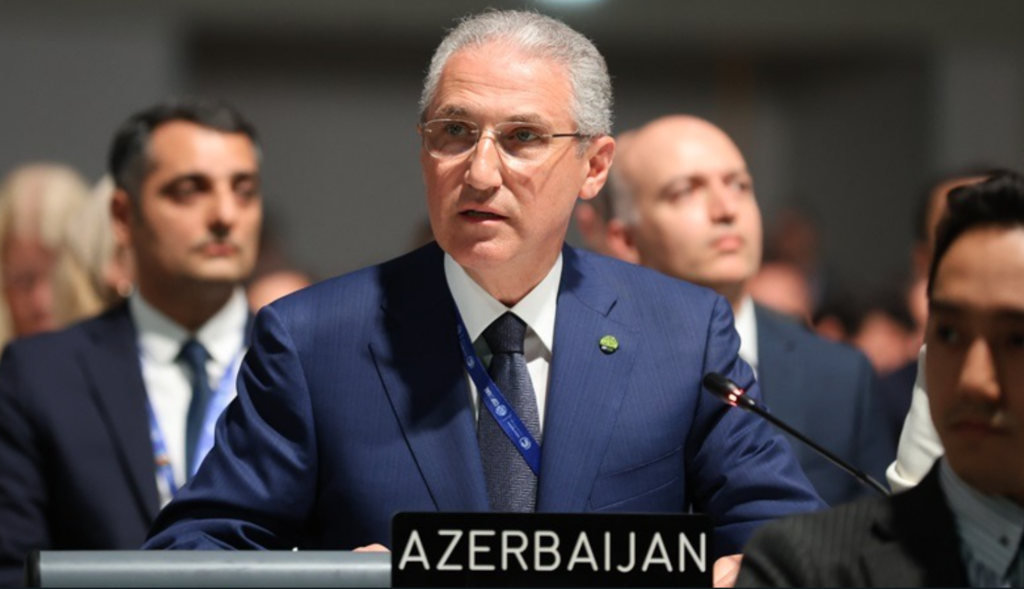The President of COP29, Moukhtar Babaïev, has expressed disappointment at the lack of progress made in negotiations over future financial assistance for climate change, to be granted by wealthy countries to developing nations.
In his initial formal letter to almost 200 nations, Babaïev calls for all parties to “accelerate and exceed their original negotiation stances” ahead of the 29th UN Climate Conference in Baku, on 11-22 November.
He referred to the limited progress made in June at the last climate talks in Bonn, suggesting that “divergences between parties prevented us from achieving the necessary progress.”
New collective quantified goal
The primary focus of COP29 - the 29th Conference of parties to the United Nations Framework Conference on Climate Change (UNFCCC) - is on financial matters. It seeks to establish a new target for aid granted by wealthier nations, historically major greenhouse gas emitters, to developing countries.
This would allow the developing countries to invest in clean energies and adapt to global warming.
The Paris Agreement on climate, adopted at the 2015 United Nations climate change conference in Paris envisaged that treaty parties would agree on a new amount for climate action funding, referred to as a New Collective Quantified Goal (NCQG) in negotiation jargon, starting from a base of $100 billion per year in 2025.
NGOs contest OECD's climate funding figure
The current goal (2020-2024) of $100 billion per year was only achieved in 2022, two years late. Consequently, this undermined the trust between the Northern and Southern hemispheres somewhat. According to the OECD, the cost of climate funding in 2022 totalled $115.9 billion. However, this figure has been contested by multiple NGOs as it accounts predominantly for loans to countries of the South.
Developing nations intend to significantly inflate the future target beyond 2025. While India has suggested a $1 trillion figure, this was rejected by donors, predominantly Western countries and Japan. They expect to see China and Gulf countries, other historical culprits, contribute in turn.
Babaïev asserts that reaching a “fair and ambitious objective”is the “topmost priority” for COP29's Azerbaijani chairmanship. He has laid out an exhaustive 11-page plan focusing solely on climate finance but has remained silent on curtailing oil, coal, and gas, defended by oil-rich Azerbaijan as “transition energy.”
Further discussions planned for 26-27 July in Chemakha, Azerbaijan
The COP29 presidency explains that its vision is based on “two parallel pillars” that “mutually reinforce” each other: “accelerating ambition” to motivate countries to further reduce carbon emissions, and “activating action” to unlock funding.
To address the obstacles, the presidency has invited the chief negotiators of countries to a retreat from 26 to 27 July in Chemakha, Azerbaijan’s former capital, and appointed the experienced Danish minister, Dan Jørgensen, and his Egyptian counterpart, Yasmine Fouad, as facilitating ministers.
Still, Babaïev warns that “politically complex issues” such as climate finance “will not be solved by negotiators alone,” and takes pride in having already raised them “on the political agenda with heads of state and ministers in all multilateral and bilateral forums,” especially at the G7 and G20.

